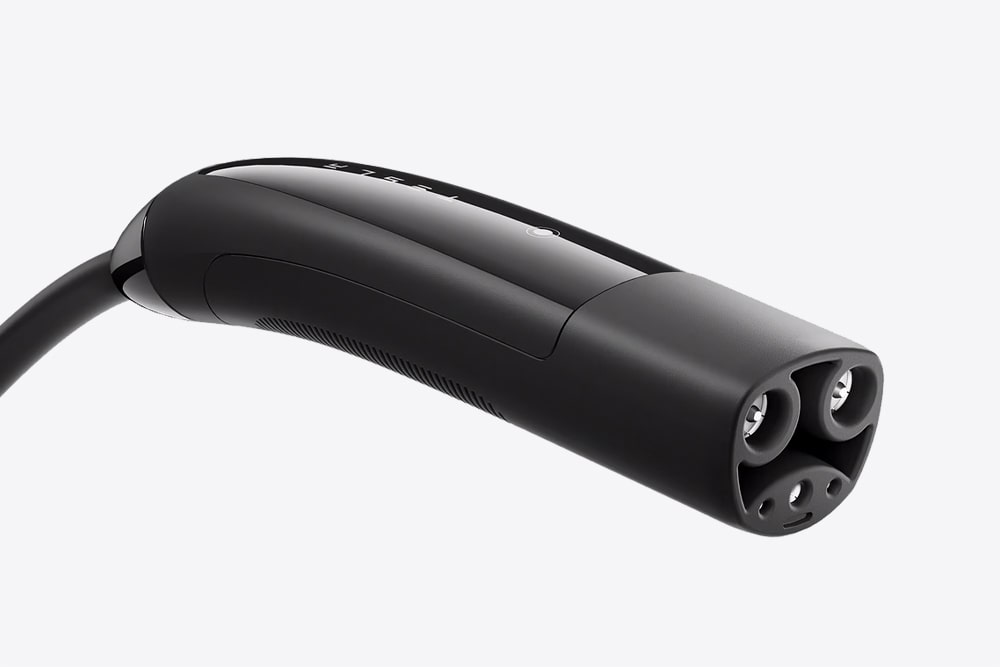 As the electric vehicle (EV) market continues to expand, the standardization of charging infrastructure becomes increasingly vital. In North America, the North American Charging Standard (NACS), developed by Tesla, has emerged as a leading charging connector interface. This article explores the NACS, its advantages, industry impact, and future prospects.
As the electric vehicle (EV) market continues to expand, the standardization of charging infrastructure becomes increasingly vital. In North America, the North American Charging Standard (NACS), developed by Tesla, has emerged as a leading charging connector interface. This article explores the NACS, its advantages, industry impact, and future prospects.
Understanding NACS
The North American Charging Standard (NACS) is a charging connector interface standard for electric vehicles developed by Tesla Inc. In November 2022, Tesla opened the patented design and specifications for use by other EV manufacturers and EV charging network operators worldwide. NACS offers both AC and DC charging in one compact plug, using the same pins for both, and supporting up to 1MW of power on DC.
Advantages of NACS
- Compact Design: The NACS connector is smaller and lighter than other charging connectors, making it more user-friendly.
- High Power Delivery: It supports high power levels, enabling faster charging times for EVs.
- Dual Functionality: The connector supports both AC and DC charging, providing versatility for different charging needs.
Industry Adoption
Since Tesla opened the NACS standard, several automakers have announced plans to adopt it. For instance, Ford announced that starting in 2025, all new Ford electric vehicles will have native NACS charge ports.
Other manufacturers, including General Motors, Rivian, Volvo, Polestar, Mercedes-Benz, Nissan, Honda, Jaguar, Fisker, Hyundai, BMW, Toyota, Subaru, and Lucid Motors, have also committed to equipping their North American vehicles with NACS connectors in the future.
NACS vs. Other Charging Standards
Compared to other charging standards like the Combined Charging System (CCS), NACS offers a more compact design and higher power delivery, making it a competitive option for EV manufacturers and consumers.
Future Outlook
With the widespread adoption of NACS, the future of EV charging in North America looks promising. The standardization of charging connectors is expected to enhance interoperability, reduce charging times, and improve the overall EV ownership experience.
In conclusion, the North American Charging Standard (NACS) represents a significant advancement in EV charging infrastructure. Its adoption by major automakers and charging network operators underscores its importance in the transition to sustainable transportation.
